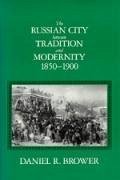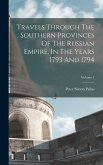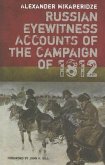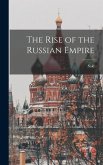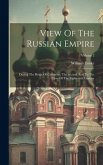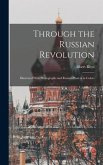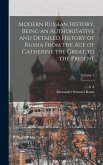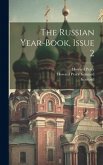The Russian City Between Tradition and Modernity provides a comprehensive history of urban development in European Russia during the last half of the nineteenth century. Using both statistical perspectives on urbanization and cultural representations of the city, Brower constructs a synthetic view of the remaking of urban Russia. He argues that the reformed municipalities succeeded in creating an embryonic civil society among the urban elite but failed to fashion a unified, orderly city. By the end of the century, the cities confronted social disorder of a magnitude that resembled latent civil war. Drawing on a wide range of archival and published sources, including census materials and reports from municipal leaders and tsarist officials, Brower offers a new approach to the social history of Russia. The author emphasizes the impact of the massive influx of migrants on the country's urban centers, whose presence dominated the social landscape of the city. He outlines the array of practices by which the migrant laborers adapted to urban living and stresses the cultural barriers that isolated them from the well-to-do urban population. Brower suggests that future scholarship should pay particular attention to the duality between the sweeping visions of social progress of the elite and the unique practices of the urban workforce. This contradiction, he argues, offers a key explanation for the social instability of imperial Russia in the closing decades of the nineteenth century.
